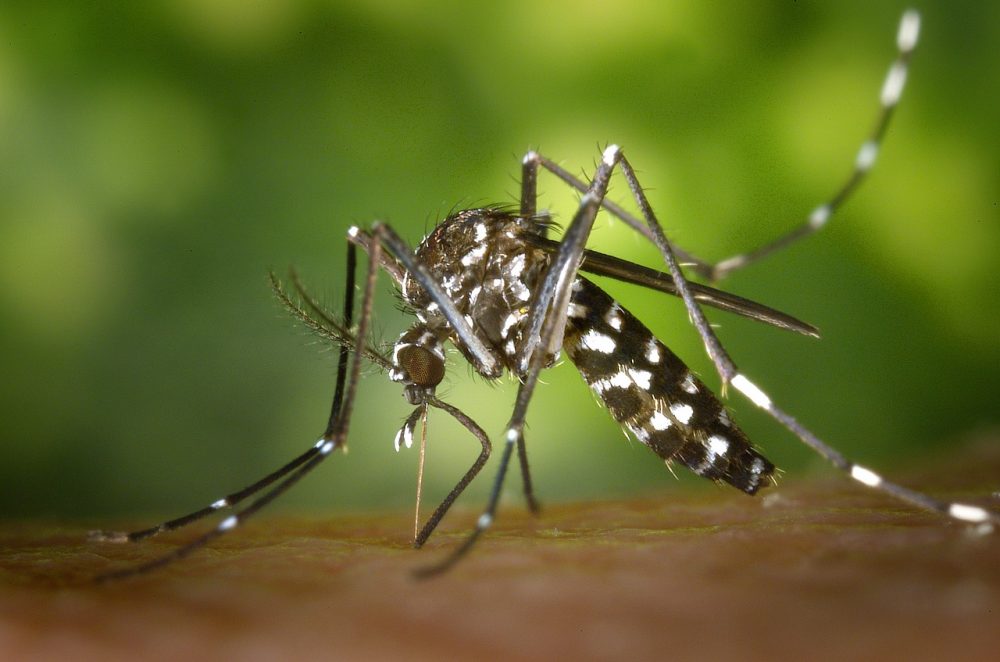Malaria affects hundreds of millions of people worldwide, causing ~600,000 deaths in Africa and Southeast Asia every year.
It remains a scourge of humanity as the efficacy of current antimalarial drugs weakens!
Over the past few decades, malaria parasites have developed resistance to antimalarial drugs currently used for treatment.
A new approach against drug-resistant malaria holds promise
Scientists at University of Melbourne have identified an antimalarial compound to combat malaria, which sees the disease turn against itself. It could offer an effective treatment for the hundreds of millions of people infected each year.
The scientists revealed that once the anti-malarial compound, ML901, enters the parasite, it attaches itself to an amino acid and destroys the protein production chain the parasite relies on for survival. The molecular structure of human cells does not harm human or other mammals’ cells.
While conducting the tests, the researchers found that ML901 not only killed the antimalarial drug-resistant malaria parasites rapidly but also prevented infected people from transmitting the disease to others, which is critical to stopping the spread of malaria.
Based on these findings, the research team is now ready to pursue the development of new antimalarial drug candidates.







